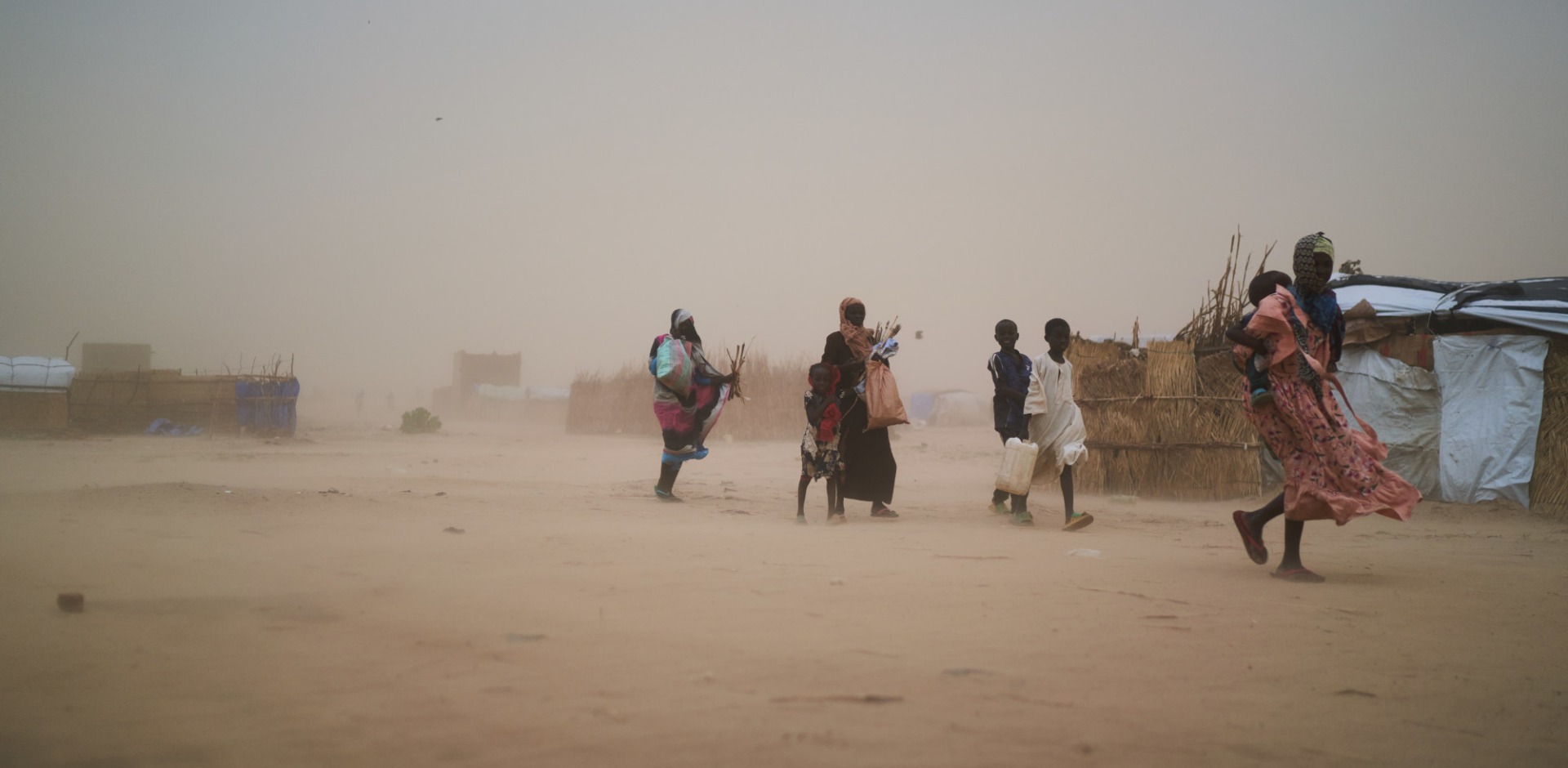
FAMINE IN SUDAN

On February 5, Cyclone Batsirai hit the east coast of Madagascar’s Big Island with heavy rains and strong winds exceeding 100 miles per hour, causing significant damage.
To date, 80 people are known to have died in the storm. Nearly 70,000 people have sought refuge in 154 shelters. Thousands of homes have been destroyed, 12 roads and 14 bridges are impassable due to storm damage, electricity has been cut off, and more than 200 schools were impacted by the cyclone.
“Cyclone Batsirai has left thousands of people in severe and urgent need of aid. Action Against Hunger is doing everything we can to respond to the emergency. Our teams are assessing the needs in the hardest-hit region, Vatovavy,” said Olivier Le Guillou, Country Director for Action Against Hunger in Madagascar, who noted that this assessment is being carried out in collaboration with local partners, Aquassistance and Action Socio-Sanitaire Organization Secours (ASOS), with support from the European Union. We will be providing essential supplies to meet urgent needs within the next few days.
“Thankfully, the capital has been spared. We are mobilized and helping people clean up the streets and neighborhoods impacted by the floods. In the coming days, we will improve access to clean, good hygiene, and safe sanitation and launch ‘cash for work’ activities for the people most affected by the cyclone,” he continued.
This climate disaster has left more people in need of humanitarian assistance in Madagascar, which has barely recovered from Cyclone Ana last January and is still heavily impacted by the drought in the southern areas of the country. Even before this most recent storm, more than 1.6 million people – 37% of the population — in the southern regions faced food insecurity.
“We are especially concerned about the impact of this cyclone in the agricultural regions on the east coast. The cyclone could have consequences on the next harvest there and ultimately exacerbate the already alarming levels of hunger,” concluded Le Guillou.
Join our community of supporters passionate about ending world hunger.